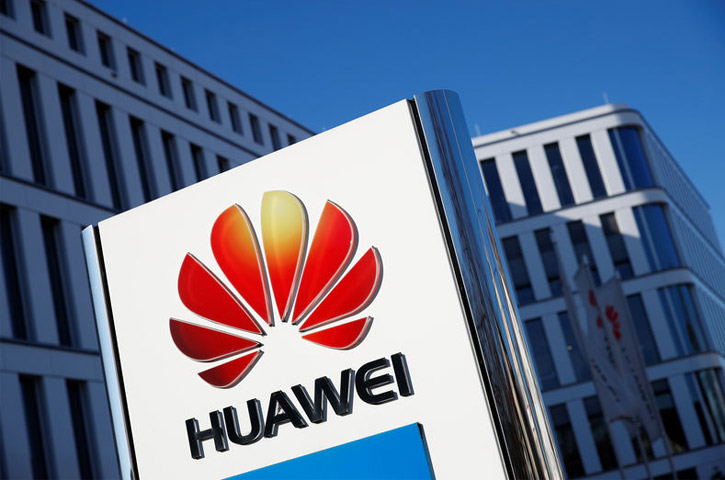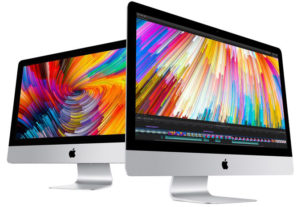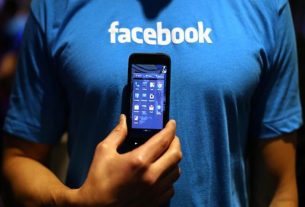Huawei is going through a tough phase as it increasingly facing bans from both the infrastructure market as well as international phones. However, the Chinese company has found a new way to make some quick money. It has decided to charge mobile giants like Apple and Samsung a fee for licensing its trove of wireless 5G patents. The move will help Huawei generate a considerable amount of revenue. The company has the largest portfolio of 5G patents. Chief Legal Officer Song Liuping said that they will negotiate rates and potential cross licensing with Samsung and iPhone.
Despite being US efforts to block Huawei and shut its supply chain, the company has been trying to make some money. However, it has promised to charge more reasonably than rivals like Ericsson, Qualcomm, and Nokia. Jason Ding, head of Huawei’s intellectual property department said that the company has capped the royalty fee at USD 2.50 per device. This is when its competitors charged USD 7.5 per device and this led to the legal battle. Huawei will reportedly earn about USD 1.2 billion to USD 1.3 billion in licensing fees and patents between 2019 and 2021. But the company has not specified how much of them came from 5G.
Huawei is the largest technology company in China by revenue. It was also the largest smartphone maker in the world. But a series of sanctions by the United States has almost destroyed its lucrative consumer business. This started during the Trump administration and Biden has kept up the pressure on the company. Billionaire founder Ren Zhengfei said that he has directed the company to explore in the fields like agriculture, transportation, and manufacturing. The company can have a good source of income using its library of 5G patents. If it managed to levy royalties, the company can turn into a new growth stream. It can even charge royalties from rival smartphone manufacturers like Lenovo Group, Xiaomi, and Oppo.

Paul is an American-based writer covering Latest business trends. Paul cover Business and media for many news sites. He has been breaking news and writing features on these topics for major publications since 2012. Paul prefers writing about business news keeping science and technology into perspective.



